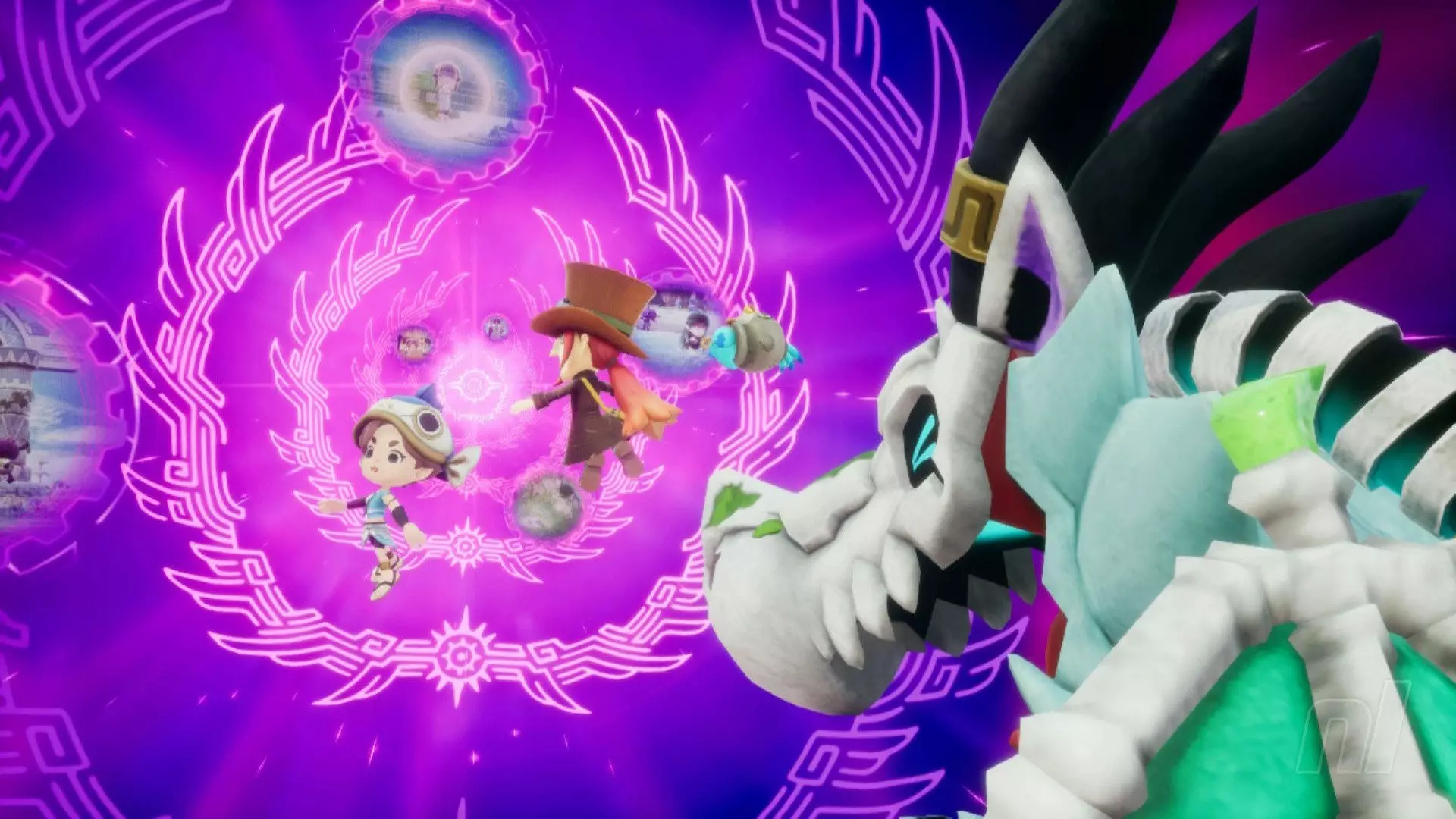Level-5 has recently attained a significant milestone with the launch of “Fantasy Life i: The Girl Who Steals Time,” receiving an impressive 9/10 rating across both its Switch and Switch 2 iterations. This kind of acclaim isn’t simply a fortunate event; it represents thoughtful development, innovation, and an acute awareness of player experience. While many game developers often stick to their original vision despite player feedback, Level-5’s approach demonstrates a rare adaptability that has led to its current triumph in the competitive gaming industry.
Recognizing the Need for Change
During an insightful discussion with YouTube show Denfaminicogamer, CEO Akihiro Hino disclosed that a critical turning point in the game’s development arose from identifying a fierce issue: an experience laced with unnecessary tension. Initially, the game suffered from a “suffocating” gameplay style, which attempted to prolong engagement by layering on stress rather than fun. This is an important lesson that many creators often overlook—gameplay should be fulfilling, not overwhelming.
Hino and his team’s decision to essentially “practically remake” the entire game speaks volumes about their dedication to quality. In an environment plagued with deadlines and high stakes, reworking an entire project is no small feat. Yet, they recognized the necessity of such a risk to enhance player enjoyment, which ultimately led them to a more rewarding final product.
Innovative Development Techniques
The development team not only revamped gameplay mechanics; they also revolutionized the game’s structure. The initial concept was marred by a limited map and restrictive movement systems. By completely overhauling this aspect into a vast and engaging open world, they enabled players to explore freely, utilizing an impressive new traversal system. The notion that they could transform 2D artwork into a 3D environment in a mere two months is nothing short of miraculous. This innovative methodology illustrates that creativity often goes hand in hand with technological advancement.
Furthermore, Hino emphasized the satisfaction players can derive from simple activities, such as chopping trees or climbing onto high surfaces to engage in further actions. This attention to detail enhances not only the gameplay but also the emotional connection players have with the world—giving them a sense of agency that many modern games tend to overlook.
The Challenges of Development
Behind the scenes, the journey of “Fantasy Life i” wasn’t devoid of hardships. The departure of former producer Keiji Inafune in 2024 appeared to pose a significant challenge; however, Hino’s capacity to step up and lead amidst uncertainty highlights incredible resilience. The fact that such struggles could be transformed into opportunities for creativity and improvement emphasizes the necessity for strong leadership in navigating through turbulent project phases.
As “Fantasy Life i: The Girl Who Steals Time” continues to garner a positive reception, it stands as a testament to the value of adaptability, creative innovation, and a deep understanding of player experience in the game development realm.


Leave a Reply